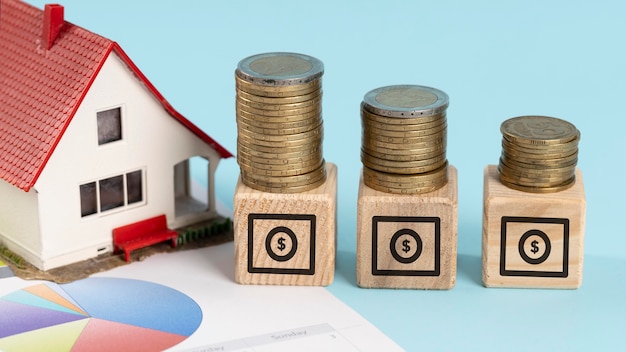
People often say you shouldn’t pay off your mortgage early, but it really depends on your situation. If you’ve got a low interest rate, like under 4%, you might save around 3.625% annually by paying it off early. However, this isn’t a huge savings, especially when you compare it to potential investments that might earn you around 9% per year.
Instead of putting extra money towards your mortgage, you could invest in mutual funds and potentially grow your money more. While having debt like a mortgage can feel overwhelming, if managed well, it can actually help you build wealth. If your mortgage rate is low, it might be better just to let it go its course.
However, there are times when paying a bit extra each month makes sense. For example, I find homeownership much more affordable than renting. The house my wife and I used to rent was smaller and cost $250 more per month than what we pay now for our mortgage. So, I’ve decided to put an extra $150 towards the mortgage principal each month. Over 28 years, this could save us thousands. Even though investing this money might offer a better return, paying down the mortgage has a special meaning for me.
There’s a psychological satisfaction to it. I really don’t like carrying big debts, and paying down the mortgage feels like defeating a visible enemy. I’m more motivated by this goal than by investing for retirement, even though my retirement investments are doing well. It’s not the most financially logical thing, but it makes me feel good right now. Plus, paying off debt always helps in the long run and builds equity, which contributes to wealth.
That said, if you have a mortgage with low rates, it’s generally better to let it run its natural course. But if having that debt drives you crazy, it’s okay to pay a bit extra each month. Just remember to balance this by putting more money into higher-yield investments.